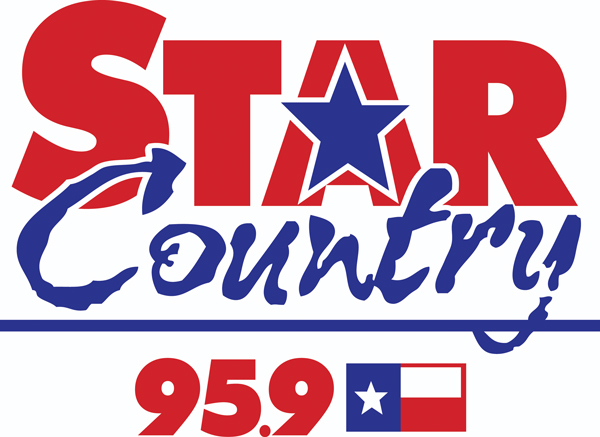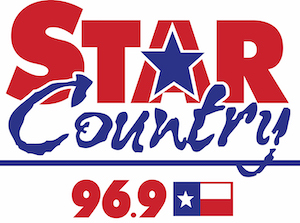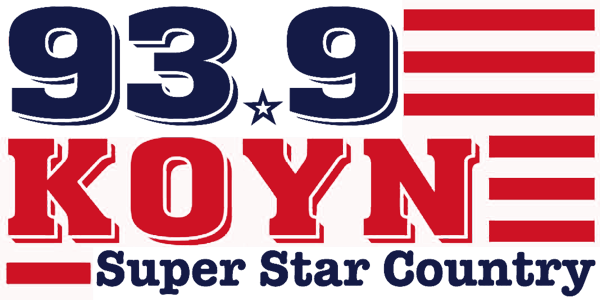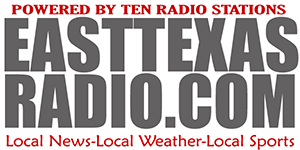Biologists Remind the Public Not to Touch Wildlife
AUSTIN- With more people enjoying the outdoors this spring season, you may start to notice more wildlife in your backyard, neighborhood, or surrounding areas. Species including birds, deer, and snakes are active this time of year, and their young often stray or appear to be abandoned. Texas Parks and Wildlife Department (TPWD) experts caution against lending a helping hand.
Animals that well-meaning citizens most often pick up are baby birds and deer fawns. However, it is essential to realize that many such human-animal encounters are unnecessary and can even be detrimental to the wildlife concerned.
The fawning deer season begins in early to mid-May. A newborn fawn’s mottled coat and mother’s care usually hide them from predators. As fawns mature, they shed these coats for a more adult color which causes them to catch the eye. A doe may leave her fawn for hours at a time while she is browsing for food. People may spot a fawn lying alone in tall grass or a brushy area during that time. Many people interfere with the fawn thinking that mom abandoned them. It is rarely the case.
Leave all young animals alone unless it is injured or orphaned. To be sure, spend time observing the wild animal from a distance to make that determination. Staying too close may deter the mother from returning. Interfering too soon may do more harm than good.
The same principles apply to young birds, who might be out of their nests but cannot fly. If the bird’s eyes are open, it has a coat of feathers and is hopping around; it is probably fine. Grounded fledglings will usually be up and flying within a few days.
If you determined that a wild animal is sick or injured, TPWD encourages citizens to contact a permitted wildlife rehabilitator. Please note that TPWD staff advise the public not to handle or attempt to transport injured, sick, or orphaned wildlife. Learn more about what to do upon encountering orphaned or injured wildlife and how to contact rehabilitators on the TPWD Wildlife Division website.








 EastTexasRadio.com Powered by Ten Stations
EastTexasRadio.com Powered by Ten Stations






